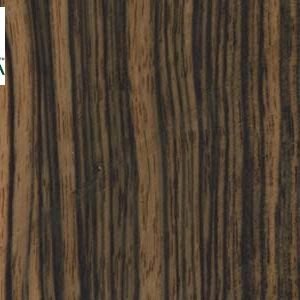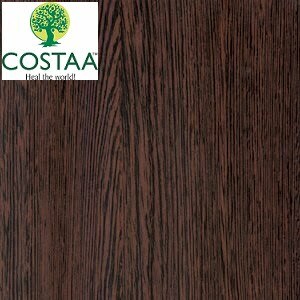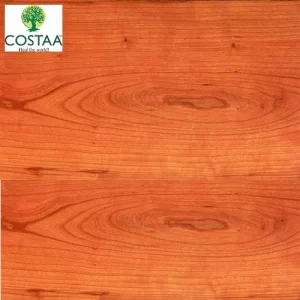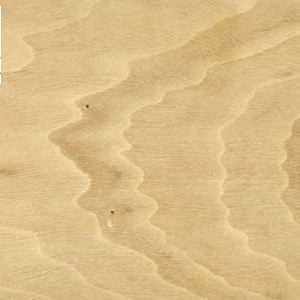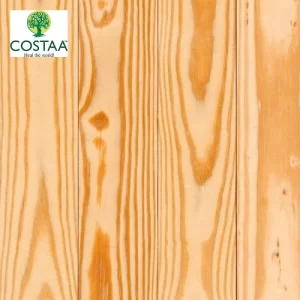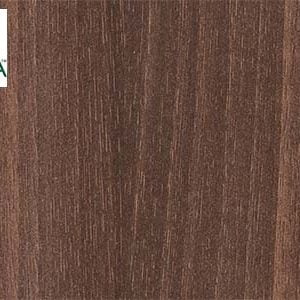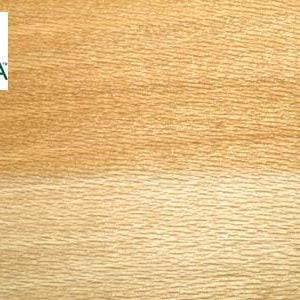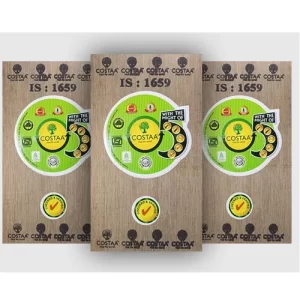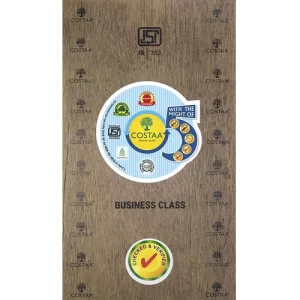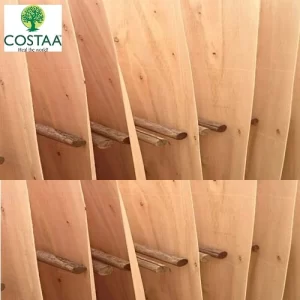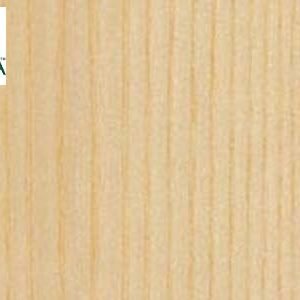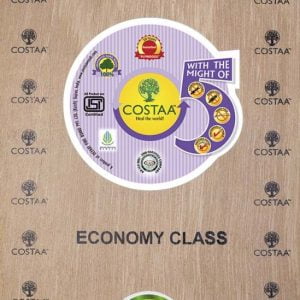Costawoods
-
COSTAA African Ebony Hardwood
Ebony is a dense black wood, most commonly yielded by several species in the genus Diospyros, but may also refer to other heavy, black (or dark colored) woods from unrelated species. Ebony is dense enough to sink in water. It is finely-textured and has a very smooth finish when polished, making it valuable as an ornamental wood. Species of ebony include Diospyros ebenum (Ceylon ebony), native to southern India and Sri Lanka; Diospyros crassiflora (Gabon ebony), native to western Africa; and Diospyros celebica (Makassar ebony), native to Indonesia and prized for its luxuriant, multi-colored wood grain.
-
COSTAA African Wenge Hardwood
Heartwood is a very dark brown with black streaks. Upon application of a wood finish (particularly an oil-finish) the wood can become nearly black. Grain is straight, with a very coarse texture. Low natural luster. Diffuse-porous; large pores in no specific arrangement; solitary and radial multiples of 2-3; brown mineral deposits occasionally present; growth rings distinct; rays not visible without lens; parenchyma vasicentric to confluent, with wide bands of parenchyma typically as thick as the pores. Very durable, and resistant to termite attack.
-
COSTAA American Cherry Hardwood
Cherry is known as being one of the best all-around woods for workability. It is stable, straight-grained, and machines well. The only difficulties typically arise if the wood is being stained, as it can sometimes give blotchy results?using a sanding sealer prior to staining, or using a gel-based stain is recommended. Sapwood is common, and may contribute to a high wastage factor.
-
COSTAA American Hornbeam Hardwood
Hornbeam?s sapwood is very thick, with most boards and lumber being comprised entirely of sapwood. Color is nearly white. Pale yellowish brown heartwood isn?t clearly demarcated from sapwood.
-
COSTAA American Southern Yellow Pine Softwood
Southern Pine grows in a wide geographic belt, stretching from East Texas through Virginia. The name Southern Pine, or Southern Yellow Pine, is representative of a group of four principal tree species: longleaf, shortleaf, loblolly, and slash. Lumber from all four species is marketed as Southern Pine and graded in accordance with the grading rules of the Southern Pine Inspection Bureau (SPIB), approved by the American Lumber Standard Committee (ALSC). The natural characteristics that distinguish Southern Pine as a most versatile building material are:
-
COSTAA American Walnut Hardwood
The sapwood of walnut is creamy white, while the heartwood is light brown to dark chocolate brown, occasionally with a purplish cast and darker streaks. Walnut can be supplied steamed, to darken sapwood or left unsteamed. The wood is generally straight grained, but sometimes with wavy or curly grain that produces an attractive and decorative figure.
-
COSTAA Belgian Sycamore Hardwood
Similar to maple, the wood of Sycamore trees is predominantly comprised of the sapwood, with some darker heartwood streaks also found in most boards. (Though it is not uncommon to also see entire boards of heartwood too.) The sapwood is white to light tan, while the heartwood is a darker reddish brown. Sycamore also has very distinct ray flecks present on quartersawn surfaces?giving it a freckled appearance?and it is sometimes even called ?Lacewood,? though it bears little botanical relation to the tropical species of Lacewood.
-
COSTAA Block Board BWP
A laboratory tested balanced mix of Solid Wood Strips and Wood Veneers, and manufactured with 100% Gurjan Core, chemically Treated/ Kiln Dried New Zealand Radiata Pine strips, bonded with high quality Phenol Formaldehyde resin, COSTAA Block Boards are an extremely stable product with zero warping or bending!
COSTAA ?Elite Class Block Boards? is a perfect product for balanced mix of use of both Solid Wood Strips and Wood Veneers. Manufactured with 100% Gurjan 2.5 mm Core and finest of treated kiln Dried New Zealand Radiate Pine strips bonded with high quality Phenol Formaldehyde resin. COSTAA Block Boards is a really stable product with no warping, uniform thickness and Borer / Termite attack proof.
-
COSTAA Business Class Plywood
A quirky mix of two. Creative, popular & durable, this is the avant-garde ply that always does it differently! A true value for money product, these are a perfect mix of Gurjan and other imported Hardwoods which have been successfully tested in laboratories to produce a fine blend that works every single time!
-
COSTAA Core Veneers
Get into the heart of the matter, with quality as the priority!
Quality of Core Veneer decides the actual strength and durability of Plywoods. Hence, we choose it from hardwoods like Birch, Makdi Sal and Makai that are not only durable for the long haul, but suits the Indian climatic conditions the best!
-
COSTAA Danish White Ash Hardwood
The heartwood is a light brown color, though darker shades can also be seen, which is sometimes sold as Olive Ash. Has a medium to coarse texture similar to oak. The grain is almost always straight and regular, though sometimes curly or figured boards can be found. Ring-porous; large earlywood pores 2-4 rows wide, small latewood pores solitary and radial multiples of 2-3; tyloses common; growth rings distinct; rays barely visible without lens; parenchyma banded (marginal), paratracheal parenchyma around latewood pores vasicentric, aliform, and confluent.
-
COSTAA Economy Class Plywood
Strong, stable & dependable ? these are the ones you can always count on. Composed of 100% imported Hardwoods only and bonded with Aminoplast Resin, this product is not only durable but also highly affordable ? the perfect companion for the core necessities!

